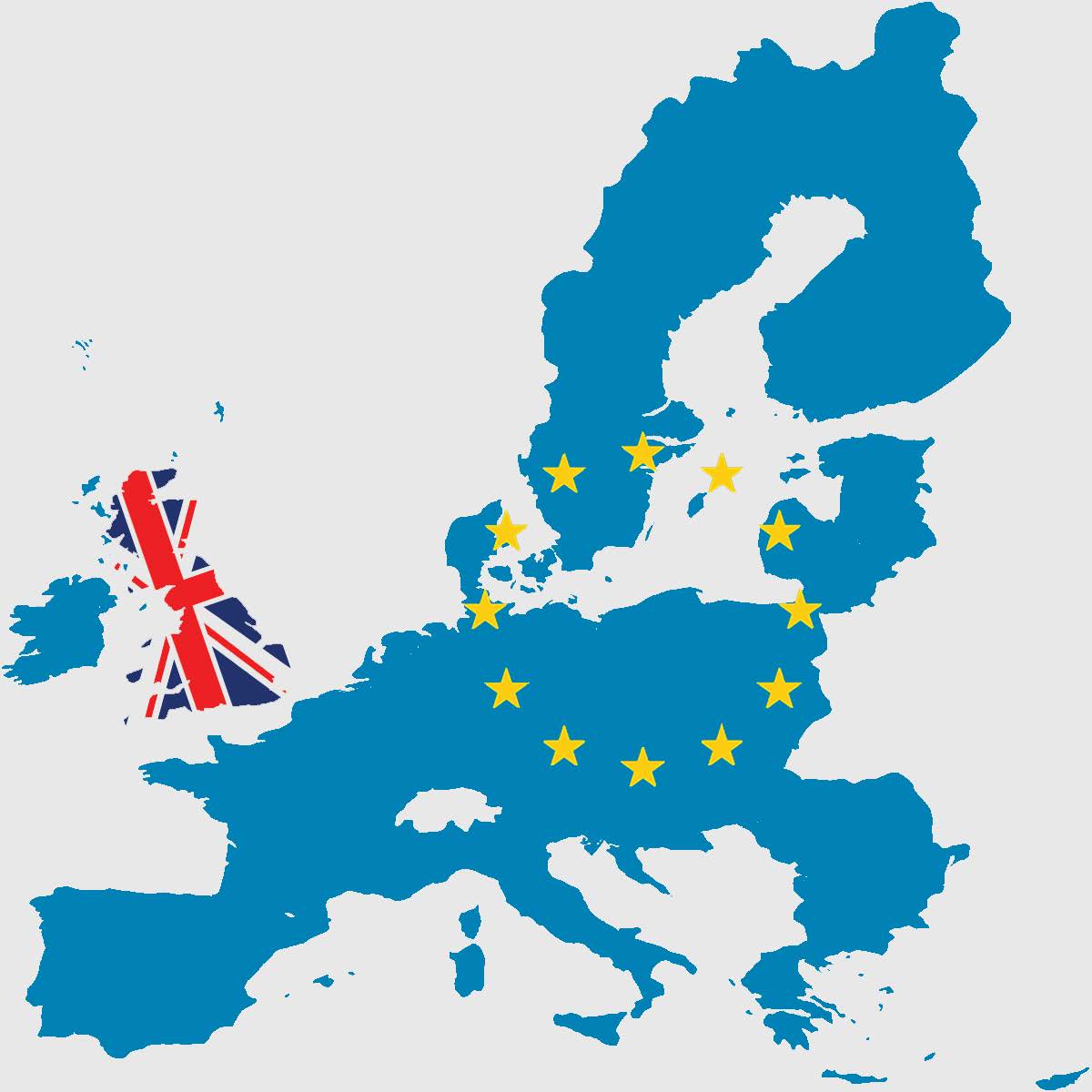![]()
United Kingdom Prime Minister, David Cameron, decided a date for a referendum regarding the United Kingdom’s exit from the European Union, according to BBC News.
A referendum is a public vote on a particular decision. The general populace of the U.K. is asked to answer a question, and the government chooses which direction to go based on popular opinion. The question asked in this instance will be, “Should the United Kingdom remain a member of the European Union?”
Public opinion on whether to stay is split, with 51 percent saying to stay and 49 percent saying to go, according to a study conducted by YouGov.co.uk.
Those against staying in the European Union argue that the U.K. is pouring money into the Union, but getting very little out of it. They also cite the number of people coming over the border to live in the U.K.—as one of the stipulations of being in the European Union is free movement—allowing residents of the Union to live anywhere within it without a visa according to BBC News.
Those in support of maintaining Union ties cite the increased ease of trade with the rest of Union countries. They also think that incoming migrants would help support the economy according to BBC News.
Cameron is in support of staying in the Union. “Clearly…our membership amplifies our power as a nation,..and that now is not a time for disunity among Western nations,” Cameron wrote in an article for the Telegraph, a leading U.K. newspaper.
“We need to be absolutely sure, if we are to put all that at risk, that the future would be better for our country outside the EU than it is today,” Cameron wrote.
Kyriana Lynch, who has just returned from a semester in Oxford, spoke on the British public’s division of opinion.
“It depends a lot on who you ask. Many people who I’ve talked to are in support of British autonomy. They feel like the EU will control the choices that Britain makes,” Lynch said.
“They’re worried that, if another country in the EU collapses, will Britain have to rescue it, and, if so, how long before that happens to another? They’re concerned about the stability of the EU as an economic structure,” Lynch said.
Emma Mutimer, who moved to John Brown University from England two years ago, said that these talks are not new.
“We’ve always been part of the EU and there have been struggles when economies go under, such as Greece, so there have always been talks like ‘we need a referendum’ or ‘we need to leave’, and it’s completely split down the middle,” Mutimer said.
“It was in that stage when I left, and it’s in that stage now,” Mutimer said.
The date for the referendum has been set for June 23, 2016. At that time it will be decided by the general public whether Britain should remain a member of the European Union.





